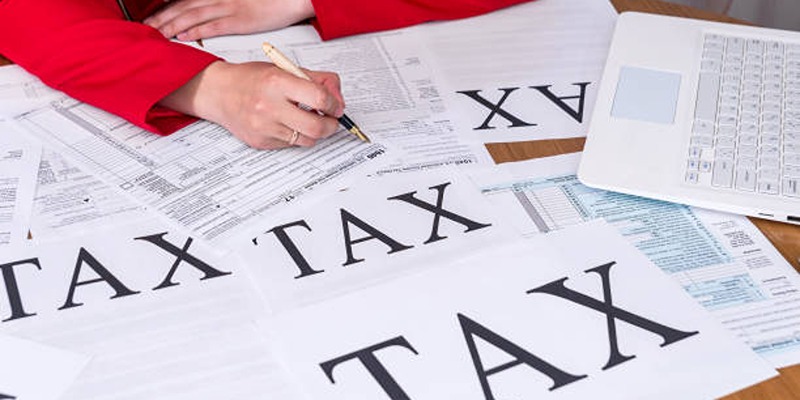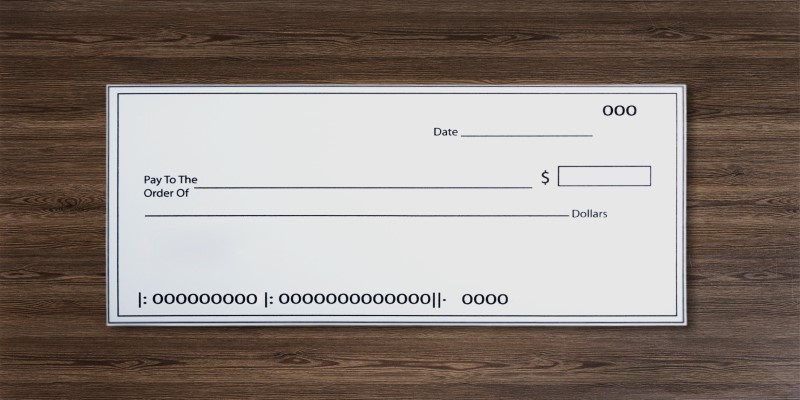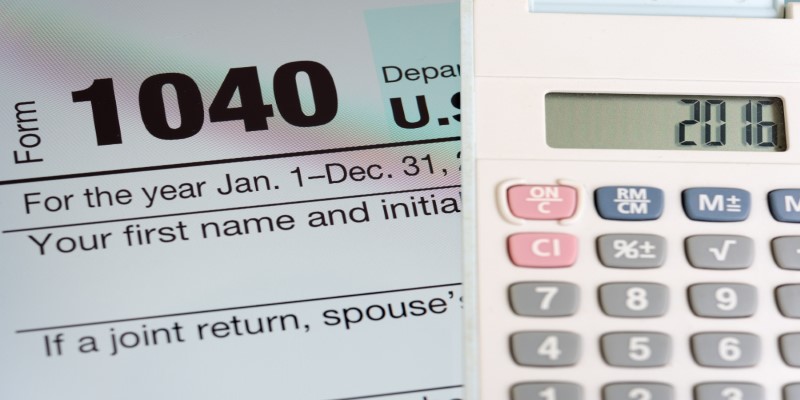Treasury Notes Explained: The Secret Behind Your Mortgage Rate
Sep 16, 2024 By Kelly Walker
Understanding the intricate relationship between Treasury notes and mortgage rates can demystify why your home loan's interest rate fluctuates. At the core, Treasury notes are government debt securities with fixed interest rates and maturity dates ranging from one to ten years. Financial institutions closely watch these notes, especially the 10-year note, as they serve as a benchmark for setting mortgage rates. The yield on these notes reflects investor confidence and has a direct impact on the cost of borrowing for a home. Essentially, when Treasury note yields rise, banks and lenders adjust mortgage rates upwards to maintain their profit margins. This introduction aims to peel back the layers of this complex mechanism, offering insights into how global economic indicators and government debt instruments like Treasury notes shape the cost of buying a home.
What Are Treasury Notes?

Treasury notes are a type of government debt security issued by the United States Treasury Department. These notes have fixed interest rates and maturity dates ranging from one to ten years, making them an attractive investment option for individuals and institutions looking for low-risk, predictable returns.
The U.S. government uses Treasury notes as a way to borrow money from the public to finance its operations. Investors purchase these notes at a discount and receive fixed interest payments until the maturity date, when they can redeem the note for its full face value. This process essentially allows the government to finance its spending by borrowing from individuals and institutions who are willing to lend them money.
How Are They Issued and Traded?
Treasury notes are issued through auctions conducted by the Treasury Department, where investors can bid on these securities. The price of a note is determined by the highest bidder, and the interest rate is fixed based on market demand. These notes are then traded on the secondary market, allowing investors to buy or sell them before they mature.
Relationship Between Treasury Notes and Mortgage Rates
Many factors influence mortgage rates, including inflation, economic growth, and the Federal Reserve's monetary policy. However, Treasury notes play a significant role in determining the cost of borrowing for a home.
Mortgage lenders use the 10-year Treasury note yield as a benchmark when setting their rates. As mentioned earlier, when the yield on these notes rises, banks and lenders adjust their mortgage rates upwards to maintain profitability. This is because they borrow money from investors at a higher rate, and therefore charge borrowers a higher interest rate.
Moreover, Treasury notes also act as an indicator of investor confidence in the economy. When there is high demand for these notes, it often means that investors are more confident about the future state of the economy. This leads to lower mortgage rates as lenders can borrow money at lower interest rates. On the other hand, when demand for Treasury notes is low, it can signal a lack of confidence in the economy, resulting in higher mortgage rates.
How Treasury Notes Affect Homebuyers?
For homebuyers, understanding the relationship between Treasury notes and mortgage rates can be crucial in determining the right time to purchase a home. If the yield on Treasury notes is low, it may be a favorable time to take out a mortgage as interest rates will likely be lower. Conversely, if Treasury note yields are high, homebuyers may want to consider waiting for mortgage rates to potentially decrease.
It's also essential to keep an eye on economic indicators and government policies that can impact Treasury note yields and, consequently, mortgage rates. For example, if the Federal Reserve announces an increase in interest rates, it may lead to a rise in Treasury note yields and subsequently higher mortgage rates.
The Role of Treasury Notes in the Economy
Aside from their impact on mortgage rates, Treasury notes also play a crucial role in the overall economy. They provide a means for the government to finance its operations and manage its debt, which can have far-reaching effects on the stock market, currency values, and inflation rates.
Moreover, Treasury note yields are closely watched by investors as an indicator of economic stability. When investors have confidence in the economy, they are more likely to invest in Treasury notes, driving down yields. On the other hand, a lack of investor confidence can lead to higher yields and signals potential economic turmoil.
Strategies for Homebuyers

For homebuyers, understanding the relationship between Treasury notes and mortgage rates can be beneficial when planning a purchase. Keeping an eye on economic indicators and government policies that can impact Treasury note yields can help determine the best time to take out a mortgage.
Another strategy is to consider locking in a fixed-rate mortgage during times of low Treasury note yields. This will ensure that your interest rate remains the same throughout the life of the loan, regardless of any fluctuations in Treasury note yields.
Additionally, keeping an eye on market trends and working with a trusted lender can help homebuyers make informed decisions about their mortgage. Ultimately, understanding how Treasury notes influence mortgage rates can empower homebuyers to make the best financial choices for their future. So, it is crucial to monitor and track Treasury note yields when considering purchasing a home.
Conclusion
Treasury notes have a significant impact on the cost of borrowing for a home. These government debt securities play a role in determining mortgage rates and can also act as an economic indicator. For homebuyers, understanding this relationship can be valuable in making informed decisions about their mortgage. By keeping an eye on Treasury note yields and working with a trusted lender, homebuyers can navigate the ever-changing housing market and secure their dream home at the best possible rate. So, it is important to stay informed about current economic conditions and how they may affect mortgage rates in order to make sound financial decisions when purchasing a home.

A Guide to the Taxpayer Advocate Service

Should You Use Your Realtor’s Preferred Lender?

10 Tips for Aspiring Commodity Broker

Securing Your Future: The Power of Tax-Free Retirement Accounts

1040 Tax Tables Explained: From Finding to Reading Without Stress

Who Are Highly Compensated Employees and What Do They Do?

Understanding the Ins and Outs of Check Endorsements: A Handy Guide

Form 1040 Made Easy: Your Roadmap to Tax Compliance

What is Retirement Planning? Understand When to Start Your Pension

